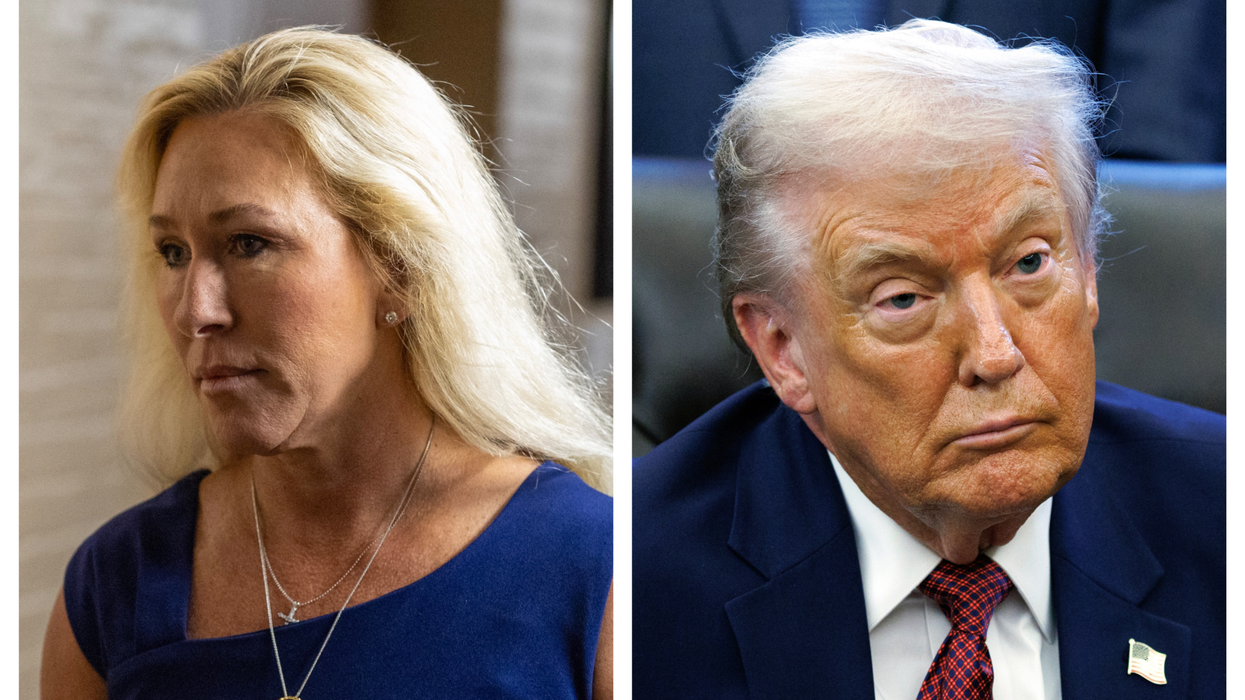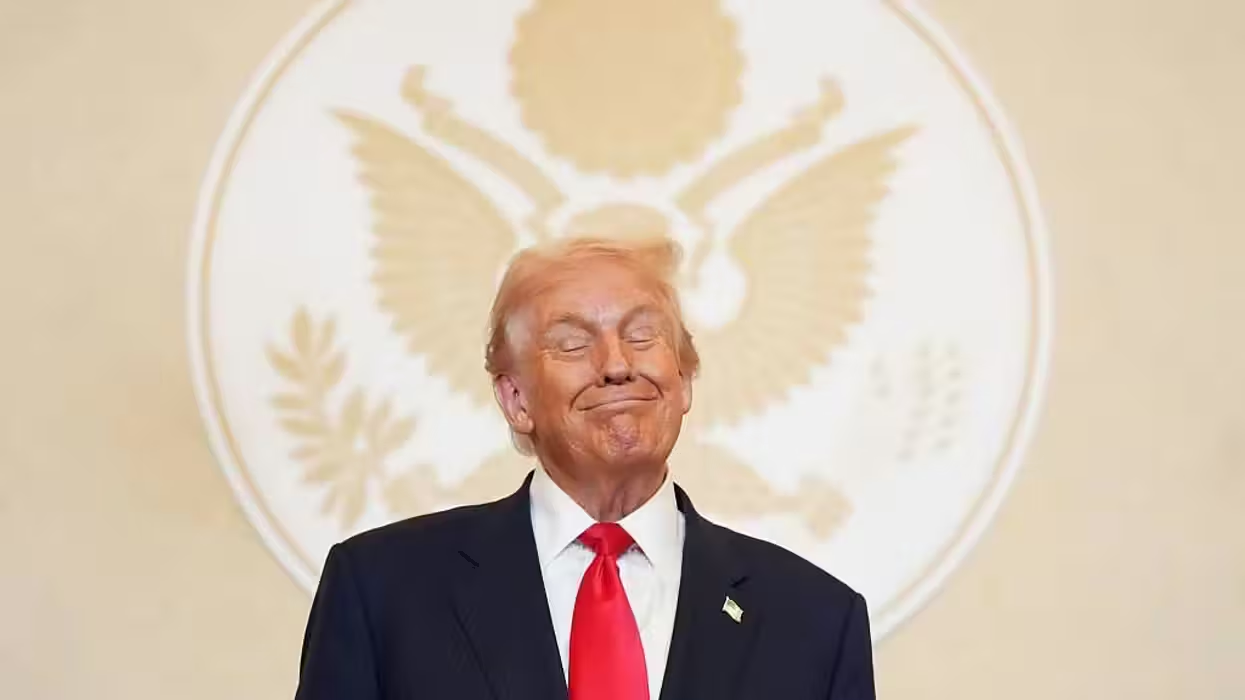Expanded trade authority could lead the United States into an agreement to change its visa policies, tossing the two contentious issues of immigration and free trade in the crosshairs.
In the rare instance, the bulk of congressional Republicans stand with President Barack Obama on Trade Promotion Authority, also known as fast track. This allows the president to send a trade agreement to Congress for an up or down vote, bypassing the amendment process.
Among the pending deals that could be expedited under enhanced trade promotion authority is the Trade in Services Agreement (TiSA), which would require 24-member nations to change their country’s visa process. The visa changes would encompass 38 separate industries, and require that the processing of visas take no longer than 30 days. That’s according to documents about the plan posted on WikiLeaks.
 (AP Photo/J. Scott Applewhite)
(AP Photo/J. Scott Applewhite)
“This is not speculative. There are already visa policies in place from previous trade policies that Congress can’t touch unless it kills the entire trade program,” Mark Krikorian, executive director for the Center for Immigration Studies think tank, told TheBlaze. “This is a real problem. It’s not a hypothetical. Trade agreements have been a way of sneaking in requirements on immigration.”
The industries that would change their visa policies under the trade agreement include accounting; architecture services; engineering services; medical and dental services; computer services; research and development; construction and advertising and marketing,
Krikorian said this will likely lead to the “rubber stamping” of visas.
“Little by little, the United States is losing control of who can come into the country and who we can throw out,” he continued. “This is a precursor to what happened with the European Union.”
Expanded trade promotion authority for the president would make it easier to enter various trade agreements by requiring Congress to give an up or down vote on a deal without an amendment process.
On Wednesday, Rep. Paul Ryan (R-Wis.) a staunch proponent of expanding trade promotional authority for the president, sought to allay concerns of some fellow Republicans regarding immigration and climate policy.
“It’s just making sure that if the administration wants to go down a path of seeking legislative changes in climate or immigration, they can’t do it through trade agreements,” Ryan told a hearing of the House Rules Committee on Wednesday.
The Wall Street Journal reported that if Ryan’s changes are made in negotiating the deals, lawmakers say that the president could still put climate and immigration rules into future trade agreements and push through on fast track.
Krikorian said Ryan’s proposal doesn’t calm his concerns, because Ryan has never sought to decrease immigration. He explained the Trade in Services Agreement would prohibit in-person interviews of visa applicants and limit the amount of time for processing visas.
TiSA, as the proposed trade agreement is known, would be between 24 nations, including the United States and European Union countries, with the aim of opening health care and banking commerce. Documents concerning the deal first became public on WikiLeaks last year, and additional documents followed.
Krikorian further complained that fast track is a problem because Congress is surrendering its authority.
“With fast track, the fact that the pressure to approve a larger agreement with a lot of stuff that nobody likes is so immense that Congress has lost control,” he said.

 (AP Photo/J. Scott Applewhite)
(AP Photo/J. Scott Applewhite)






